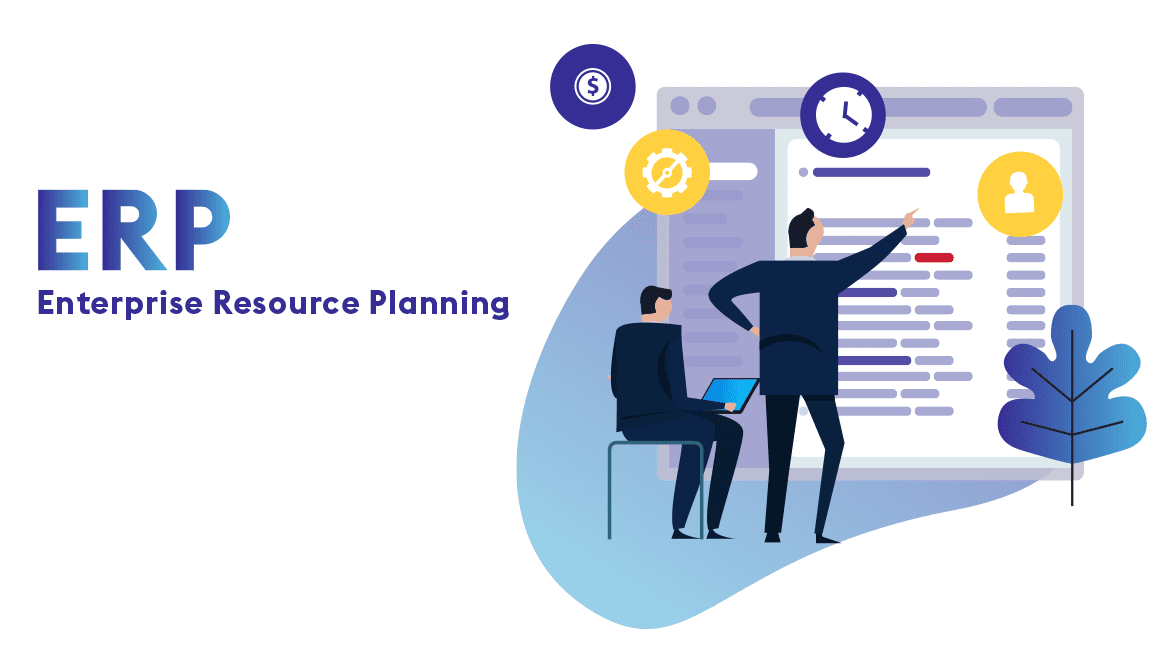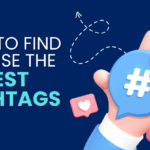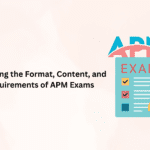ERP software can be described as software for managing a business that helps an organization gather, store, manage and interpret information from the business operations. It is not just that ERP offers an up-to-date overview of the business’s core processes, but it aids in the tracking of the business’s resources like raw materials, cash, and production capacity. The rapid growth that has been seen in Enterprise resource planning demonstrates that the significance of ERP for a few fortunate companies.
Different kinds of industries are easily accommodated by ERP software for Manufacturing industries vendors frequently create products for industries that are specialized which we’ll cover in a moment. In recent years, ERP has also branched out to support businesses that are only partially related to manufacturing or in certain cases completely separate from the manufacturing of products.
Industries Catered by ERP Software
ERP Software for Manufacturing Industries
The manufacturing industry is competitive and constantly changing and it is crucial for companies to implement a comprehensive solution that increases productivity, lowers expenses, and increases revenue profit. However, the most important thing is to allow the business to take precise well-informed, strategic choices.
Aerospace and Defence
Manufacturing in the field of aerospace and defence is among the most effective examples of why manufacturers’ software providers specialize in their offerings. With more stringent rules as compared to other sectors, it is crucial that those working in this industry pick an ERP software for manufacturing industries that is able to assist their business operations.
One example is the extensive documentation required for aerospace components to undergo during manufacturing and their use for field use. Making these kinds of fabricated or other products is not the same as making consumer-oriented products. Professionals, engineers, and others must sign off on every piece of work and record specific details related to its characteristics and usage for the job.
For instance, ERP tools may manage the scope of the product for this kind of manufacturing through the creation of tables of characteristics for each piece. The software can have various kinds of checkpoints in the process of implementation. They are all directed toward specific industry standards, for instance, ITAR compliance requirements.
Other components of software created for the ERP software industry are transport schedules and distribution to customers or clients. In certain situations, timing is the most important factor and the business that sells these products manufactured by the company must be well-organized and aware of where the deliveries are and when they will arrive.
There’s also a wide range of tools for managing change in use within these ERP software programs to help facilitate efficient processing. This includes precise and accurate supply chain management as well as lean inventory and agile development, while also keeping a complete quote-to-cash process for cost.
ERP For Education
The transition to a single ERP software of the outdated systems will bring a swift and tangible change to how the administration is conducted. The program offers a variety of resources that can improve the efficiency of the campus, as well as help, improve the management and preparation of student enrolment policies lectures, classes libraries customer service, and more.
In order to greatly improve the effectiveness of managing and distributing academic resources to maximize efficiency, the educational ERP software streamlines and automatizes every process within the boundaries that the institution has to offer.
Pharmaceutical
One of the main aspects of manufacturing ERP software used in pharmaceuticals is quality control and the support of quality standards. The companies in this field are required to comply in accordance with the regulations of the government and ensure that their pharmaceutical products are made in precise formulations, with various environmental controls in place.
With this in mind that, pharmaceutical manufacturing ERP systems will include a variety of options to comply with the requirements. For instance, many manufacturing systems for pharmaceuticals can support compliance with regulations set forth by the FDA and other organizations, such as cGMP guidelines.
In addition to specific hardware, certain pharmaceutical manufacturing systems are able to monitor temperatures, humidity levels, as well as the cleaning stations, or closed production areas. They can also monitor mixing chemicals with conveyors, grinders, and other equipment for assembly to ensure that the products that are they are supplying are regularly and are properly designed.
Since many manufacturing software for pharmaceutical systems emphasizes strong serialization of products, the software is able to aid in processes for inventory as well as overall transparency. This improved visibility does not just benefit consumers in the event of a recall, but also the managers of the plant and the distribution managers.
Education
Higher education and research institutions might consider an ERP software program the most efficient method to handle the numerous logistical aspects of their daily. Although ERP users of the education sector might not be tracking all aspects of the supply chain, they’ll be using the software to manage to account with built-in audit trails and central control of all the ledgers.
Users can also avail of purchasing tools that allow you to purchase all the essential items you would normally come across in a higher education institution for the lowest price accessible. Education ERP systems can also offer strong school project management tools to manage their initiatives and projects effortlessly. ERP for educational system is a kind of substitute of school management software.
While the majority of ERPs that serve this sector is targeted at universities, there are systems for secondary and primary education. They primarily utilize data to give insight on how teachers can offer the most effective education.







